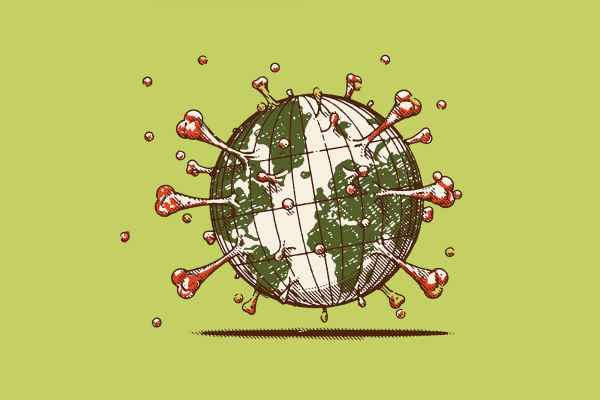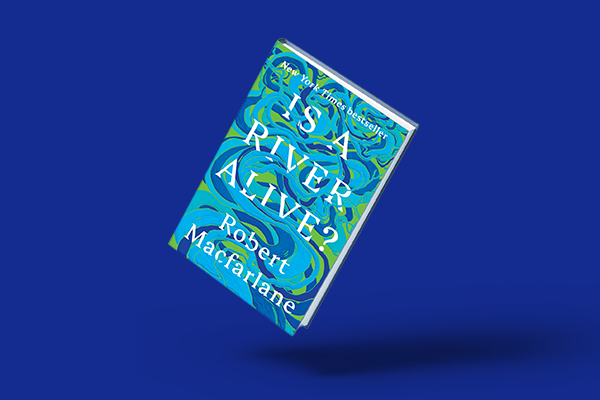WE DON'T KNOW the full extent of the coronavirus pandemic. We know of the many who have died as a direct result of infection. We know that whole countries have turned on a dime to shield themselves from the shadow of death as it passes over. We don’t know where it will lead.
In the wake of Hurricane Katrina, Rebecca Solnit wrote, “Horrible in itself, disaster is sometimes a door back into paradise, that paradise at least in which we are who we hope to be, do the work we desire, and are each our sister’s and brother’s keeper.” Solnit reminds us that disasters and plagues sometimes signal liberation.
COVID-19 has forced the human community into mourning. In our retreat from the work-a-day world, it has imposed a global sabbath and Jubilee. Staring into this “cruel scourge,” as John of Ephesus described the Justinian plague in the year 545 C.E., can we also see that another world is possible?
The Jubilee legislation found in Leviticus 25 lays out a vision for “social and economic reform unsurpassed in the ancient Near East,” according to Robert K. Gnuse. The Jubilee laws declared that Yahweh was the rightful owner of all the earth, and therefore all Israelites—rich and poor—have an equal right to its abundance, within limits. In an economic system based on land and its produce, this was a radical transformation. The legislation undercut wealth disparities by preventing land speculation and by mandating debt forgiveness and interest-free loans. Finally, it ordered the release of the enslaved and those in debtors’ prison.
God created the world with abundance, but also with perimeter alerts. Pandemics are just one alarm bell the earth is sounding. Rising sea levels, melting polar ice, and disrupted seasons are all part of the earth’s complex warning system alerting us that humans are living beyond our limits.
In March, traffic levels in New York City were down 35 percent and carbon monoxide dropped by 50 percent. Notably, scientists say that we may see carbon dioxide emissions as low as during the last financial crisis in 2008. When extractive global economic activity is reduced, greenhouse gases plummet.
Wealth disparities are not a given, they are a choice. Proponents of an unfettered free market have become socialists overnight—demanding direct payments to most U.S. taxpayers, increases and expansion of unemployment benefits, industry bailouts at levels that essentially nationalize whole sectors, the underwriting of struggling hospitals and health care systems, and the launching of a newly trained American workforce into production of COVID-19 protective equipment and testing supplies. We can choose to distribute wealth more equitably.
In a crisis, CEOs (or magazine editors) are not “essential workers.” Instead, we rely on grocery clerks, physician’s assistants, truck drivers, plumbers, first responders, farm workers, IT administrators, and short-order cooks. Is it time to pay essential workers a salary and benefits package that matches Boeing’s CEO? Essential workers should be feeling their political power and leveraging it.
This spring, we saw local governments across the U.S. release thousands of inmates to prevent virus outbreaks. Prosecutors demanded the release of nonviolent offenders, the elderly and sick, those within six months of completing their sentences, and those who cannot afford cash bail. What about forgiving their prison debt too? An important component of Jubilee is the release of slaves and prisoners, forgiveness of debts, and the manifestation of the mercies of God.
“If paradise now arises in hell,” wrote Solnit, “it’s because in the suspension of the usual order and the failure of most systems, we are free to live and act another way.” This liberation, forged in exhaustion and personal grief, must build power for the world that God intends—one where earth is sacred, mutual aid brings pleasure, labor is fairly compensated, economic inequity is diminished, priority is given to family and kinship, and praise of God is commonplace. It is ours to choose.

Got something to say about what you're reading? We value your feedback!







